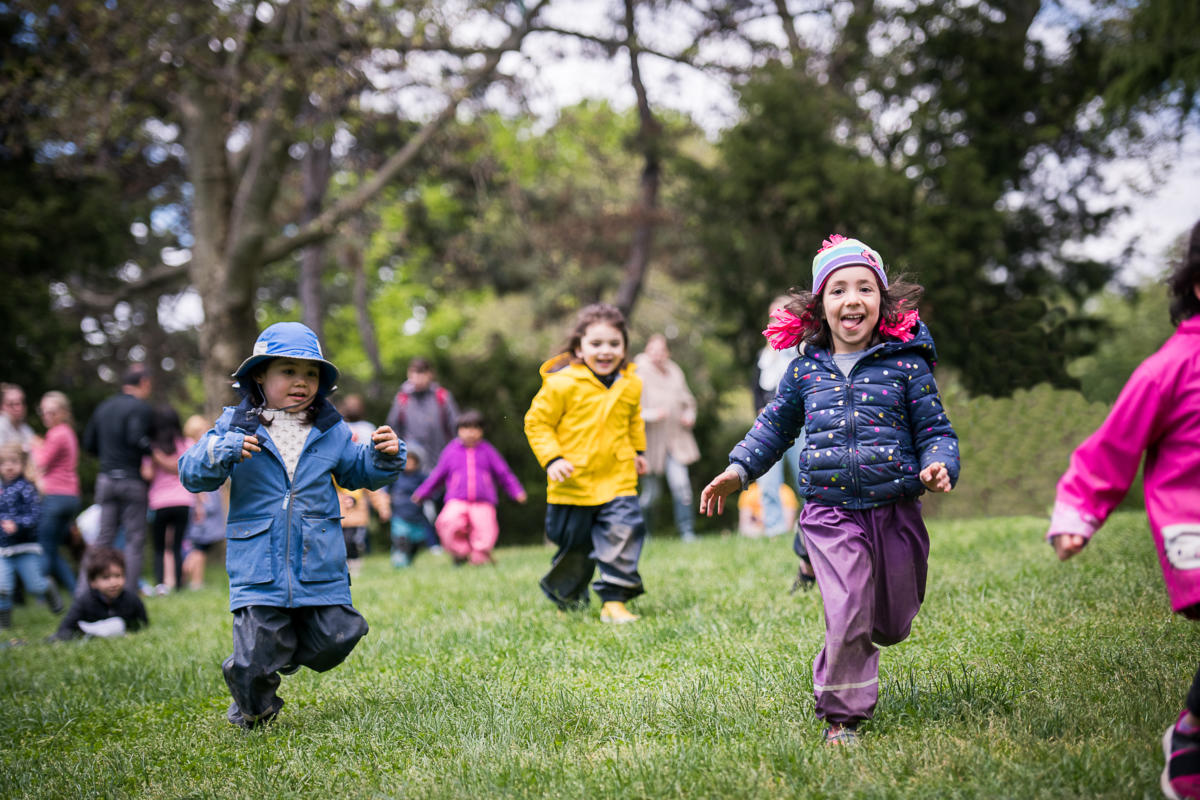What’s Lost When We Rush Kids Through Childhood
“Erika Christakis, the author of The Importance of Being Little on the costs of our collective failure to see the world through the eyes of children.”
—By EMILY KAPLAN for Edutopia
What does high-quality early education look like? If you walked into a preschool that uses best practices, what would you see and hear?
Quality education is about relationships. Caring teachers who understand child development and who know and are attuned to the children in their care are far more important than many of the measures of quality we use today, such as class size, physical environments, or a specific curriculum.”
EK: Your book on early childhood education is called The Importance of Being Little. Why is “being little” so important? What do you want parents, educators, and policy makers to know about this developmental stage?
EC: Traveling around the country, teaching and talking with parents and educators from a variety of backgrounds and environments, has persuaded me that we’re in danger of losing the child in childhood. The notion that there is something of value in being a little kid—with little kid desires and, above all, needs—seems to have fallen out of favor. We talk about young children, increasingly, as commodities to “invest” in for future payoffs. Parents express enormous anxiety about their children’s futures, and seem to be curating their children’s life experiences in a way that would look quite unnatural and even rather joyless to previous generations.
There’s a weird paradox that early childhood is both safe and stressful. On the one hand, for most children, especially in the industrialized world, the early years are safer than they’ve ever been in human history. […]
“Being little” is of critical importance because we see the signature of early childhood experience literally in people’s bodies: their life expectancies are longer and their social-emotional capabilities are more robust when they have a chance to learn through play and through deep relationships, and when their developing brains are given the chance to grow in a nurturing, language-rich, and relatively unhurried environment. It’s clearer than ever before that young children are not simply mini-adults.


